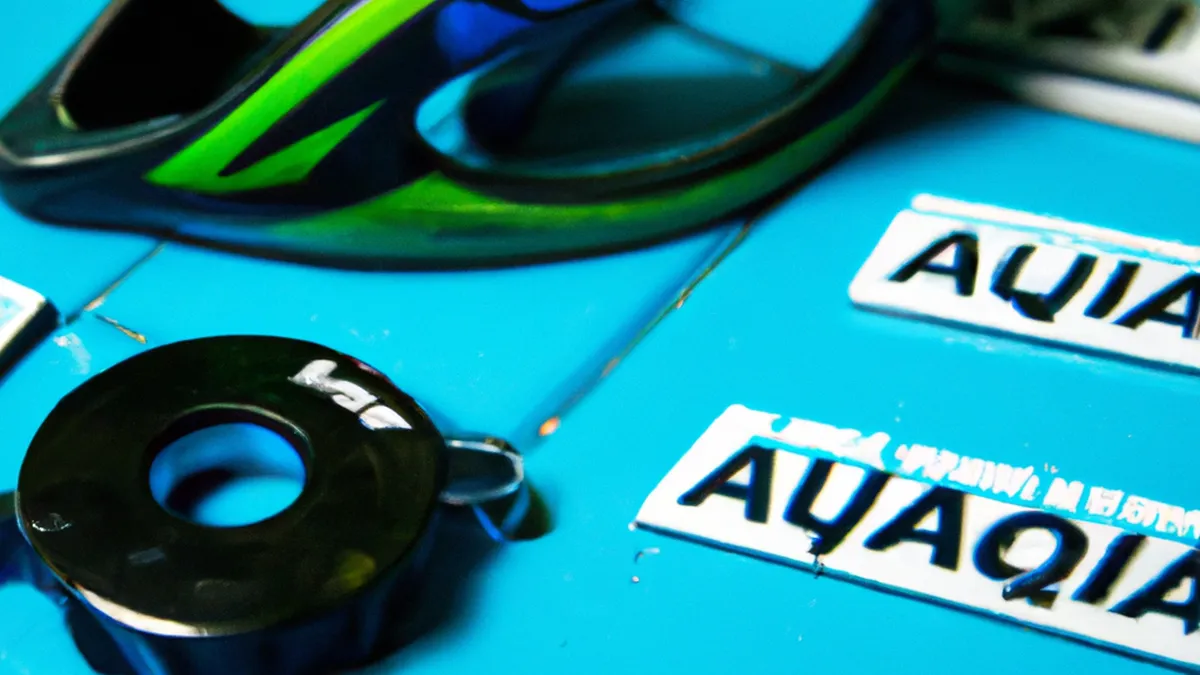Aquabike Training: Decoding Power Meter Readings
Leveraging Power Meters in AquabikeAquabike combines cycling and swimming, creating a unique challenge. Athletes need to understand power output, pacing, and performance metrics to excel. Many athletes now use power meters to enhance their training. These devices provide essential data to optimize workouts and improve performance. This post explores how to use power meters effectively in aquabike.
Understanding Power Meters
Power meters measure your cycling power output in watts. This data helps you track progress, identify trends, and make informed training decisions. Real-time power measurement can significantly improve athletic performance.
Types of Power Meters
Two main types of power meters exist: pedal-based and crank-based.1. **Pedal-Based Power Meters**: These attach to bike pedals and measure force applied. They are easy to install and transferable between bikes, making them popular among triathletes and aquabikers.2. **Crank-Based Power Meters**: These integrate into the bike’s crankset, measuring power through crank arms. They often provide greater accuracy but can be harder to install and may require professional help.When choosing a power meter, consider your budget, ease of use, and specific features. Some meters also provide metrics like cadence and pedal balance for deeper analysis.
Choosing the Right Power Meter
Consider your budget and training goals when selecting a power meter. Some models offer basic features at lower prices, while others provide advanced metrics at higher costs. Choose a power meter that suits your training objectives and cycling style.
Tips for Using Power Meters Effectively
As an Amazon Associate I earn from qualifying purchases.
Gear tip: consider power meter, kickboard, and pull buoy to support this topic.
Follow these tips to maximize your power meter’s benefits:
1. Establish Your Baseline
Establish your baseline power output before using a power meter. Conduct a functional threshold power (FTP) test to gauge your fitness level. This test involves a 20-minute all-out effort followed by a cooldown. Use your average power output from this effort to estimate your FTP. This baseline helps you understand your limits and set realistic improvement goals.
2. Set Training Zones
After determining your FTP, set your training zones. These zones, based on FTP percentages, help structure your workouts. For example, zone one might represent 55-75% of your FTP.
Conclusion
In summary, understanding power meters and their effective use can significantly enhance your aquabike training.
Below are related products based on this post:
FAQ
What is the purpose of a power meter in aquabike training?
A power meter measures cycling power output in watts, providing essential data that helps athletes track progress and make informed training decisions. This data can significantly enhance performance by allowing for real-time adjustments during workouts.
What are the main types of power meters available?
There are two main types of power meters: pedal-based and crank-based. Pedal-based power meters are easy to install and transferable between bikes, while crank-based power meters are integrated into the bike’s crankset and often provide greater accuracy.
How can I effectively use a power meter in my training?
To use a power meter effectively, establish your baseline power output by conducting a functional threshold power (FTP) test. After determining your FTP, set your training zones based on its percentages to structure your workouts and optimize your training efforts.















Post Comment